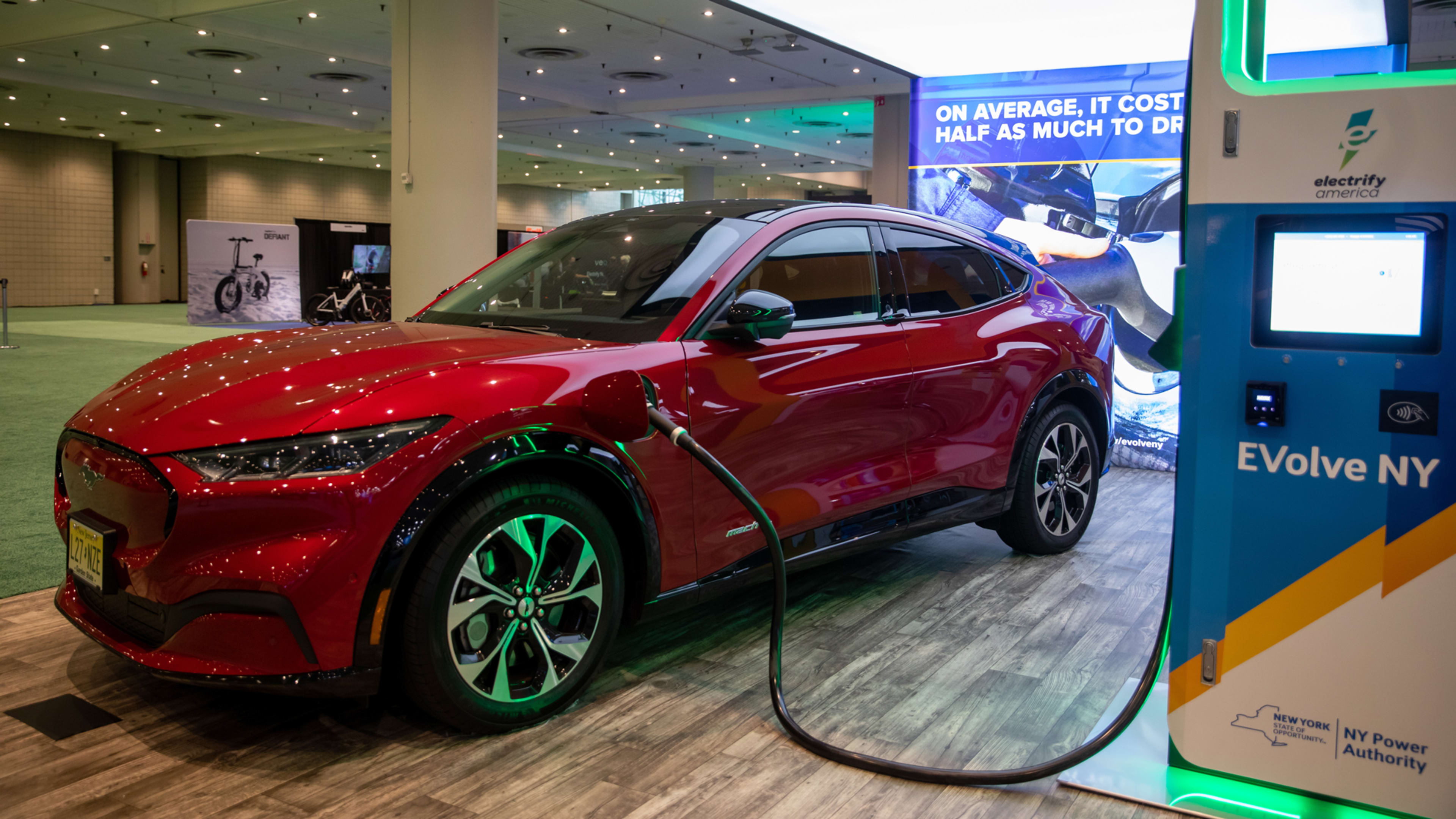In cutting-edge years, the automobile enterprise has witnessed a big shift inside the route of electrical powered vehicles (EVs). As concerns approximately climate trade and environmental sustainability broaden, greater clients are considering the adoption of EVs as a feasible opportunity to conventional fuel-powered motors. at the identical time because the initial charge of purchasing an electric powered powered vehicle might also moreover appear ambitious to examination of the economics involved that EV possession can in truth reason considerable savings in the long run.

one of the most considerable value-saving advantages of proudly owning an electric powered automobile is the reduction in gas expenses. in contrast to traditional gasoline-powered cars, which depend on fossil fuels that are challenge to charge fluctuations, EVs run on strength, which tends to be more stable and often inexpensive in line with mile. The value of power varies depending on vicinity and time of use, however studies have continuously shown that powering an EV is substantially less high-priced than fueling a gasoline car, specifically when charging at home at some point of off-top hours or using public charging stations with competitive quotes.
Read more.. Elevate Your EV Experience: Top Charging Tips for Electric Car Owners
furthermore, the upkeep costs associated with electric motors are notably decrease in comparison to their fuel counterparts. EVs have fewer moving parts and do not require everyday maintenance responsibilities consisting of oil adjustments, transmission maintenance, or exhaust machine replacements. this means EV proprietors can store on recurring servicing and sudden maintenance, leading to lengthy-time period value savings over the lifespan of the vehicle. additionally, many EV manufacturers offer warranties and preservation applications that similarly reduce the economic burden of maintenance.
Read more.. The Financial Matters of Electric Vehicles: Cost Reserve Funds and Long Haul Monetary Advantages
another compelling economic gain of electric vehicles is their energy performance. EVs convert a higher percentage of the energy from the grid into actual propulsion as compared to gas vehicles, which waste a great amount of power through heat and friction. This performance translates into lower electricity consumption in line with mile traveled, allowing EV owners to get more mileage out of each kilowatt-hour of power. over time, the cumulative financial savings from reduced power intake can offset the initial buy fee of an electric powered automobile.
In addition to direct cost savings, electric vehicle ownership can also yield indirect financial benefits. Many governments around the world offer incentives and subsidies to encourage the adoption of EVs as part of their efforts to reduce greenhouse gas emissions and combat air pollution. These incentives may include tax credits, rebates, or exemptions from vehicle registration fees and tolls. By taking advantage of these incentives, EV owners can significantly reduce the overall cost of owning and operating an electric vehicle, making it a more attractive investment.
Moreover, electric vehicles are inherently more environmentally friendly than their gasoline counterparts, which can lead to savings in the form of reduced externalities. Gasoline-powered vehicles emit harmful pollutants such as carbon dioxide, nitrogen oxides, and particulate matter, which contribute to air pollution, respiratory illnesses, and climate change. By switching to electric vehicles, individuals can help mitigate these negative externalities, thereby reducing the societal costs associated with healthcare expenses, environmental cleanup efforts, and climate change mitigation measures.
Read more.. The Advantages and Disadvantages of Independent Driving: Looking at the Advantages and Concerns
while evaluating the economics of electrical vehicle possession, it is important to remember the total fee of ownership over the car’s lifespan instead of simply the in advance buy charge. at the same time as electric powered cars can also have a better initial sticker rate compared to fuel cars, the lengthy-term savings from reduced gasoline and protection expenses, in addition to capability incentives and environmental advantages, could make them a more low cost choice within the grand scheme of things.
moreover, as generation advances and economies of scale pressure down manufacturing expenses, the upfront rate of electrical motors is anticipated to hold decreasing, making them even more competitive with conventional gas cars. additionally, enhancements in battery technology are extending the variety and lifespan of electric automobile batteries, in addition enhancing their cost proposition for consumers.
In end, the economics of electric vehicle ownership are compelling, with potential financial savings in gasoline, maintenance, and externalities outweighing the initial buy rate in the end. because the car enterprise transitions closer to electrification, purchasers stand to gain from decrease running expenses, authorities incentives, and environmental sustainability. by using making the transfer to electric cars, people can not simplest store cash but additionally make a contribution to a cleanser, greener future for generations to return.